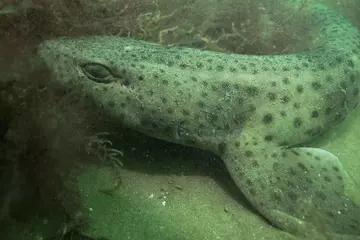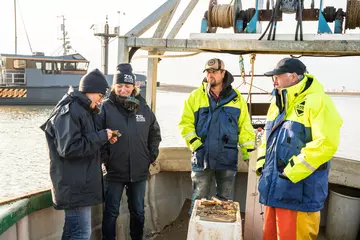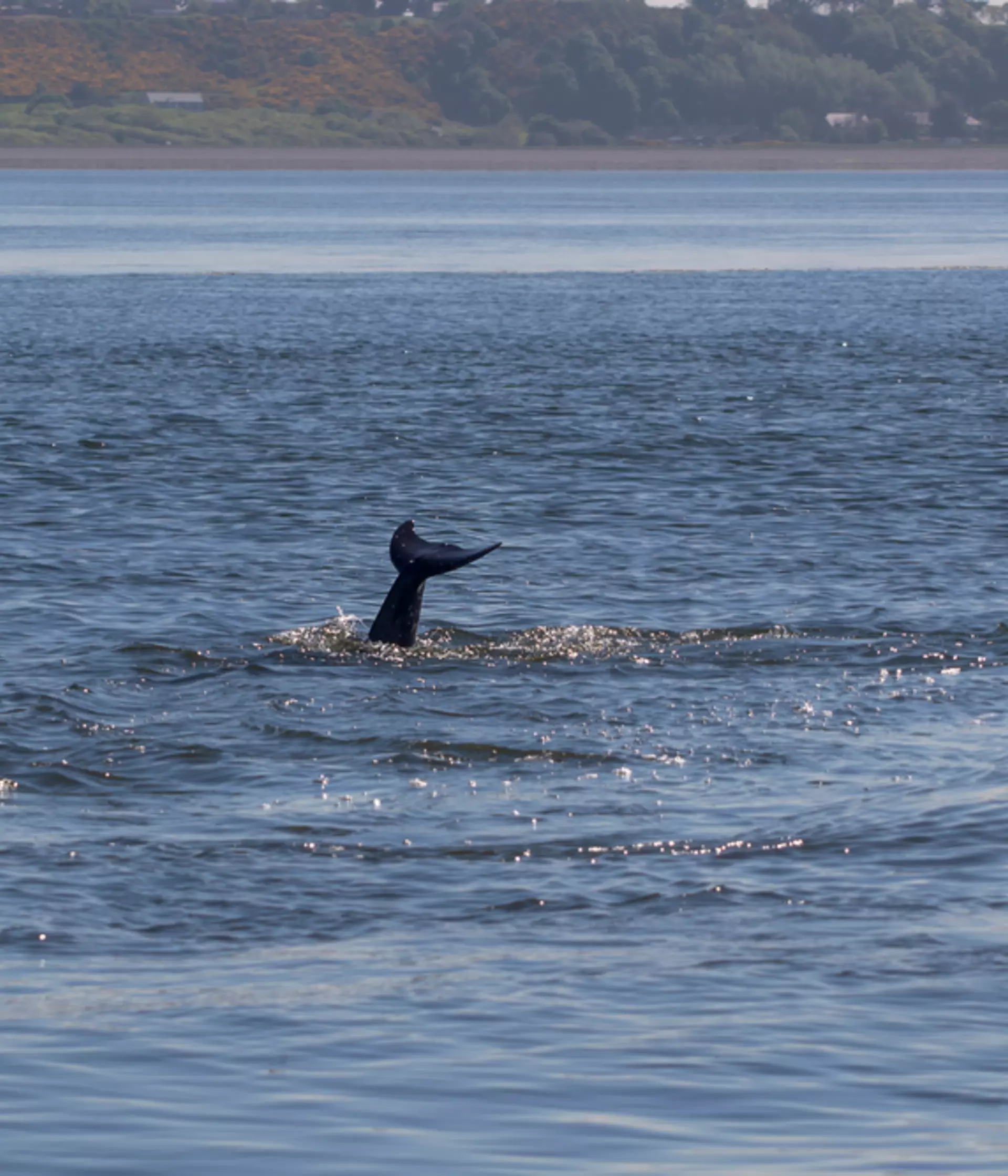
David Curnick
Research Fellow
As an island nation, the ocean that surrounds us is a key part of our cultural identity.
Yet, our coastlines and offshore environments are facing many challenges that threaten the rich biodiversity they contain and the local communities who depend upon them. Overcoming these challenges requires a holistic approach, innovation, and crucially, investment.
A new centre of learning for UK Marine sustainability
We are therefore delighted that the Natural Environment Research Council are providing £2.2 million to support the development of nearly 50 interdisciplinary PhD students over the next 7 years, all working at the forefront of UK marine sustainability. The new Centre for Doctoral Training in Sustainable Management of UK Marine Resources (SuMMeR CDT) is being led by the University of Plymouth, and includes the universities of Bangor, Heriot-Watt and Exeter, Plymouth Marine Laboratory and the Marine Biological Association as core hosting partners. ZSL are proud to be joining as collaborative partners, along with the UK Centre for Environment and Hydrology, and the universities of Portsmouth and the West of England.
A further 45 associate partners from industry, government and charities will also join the consortium, providing students with the opportunity to work across multiple sectors to advance UK research training and capacity in marine conservation science.

How are ZSL involved?
Here at ZSL, we have a fantastic team of researchers and practitioners across the society working at the forefront of marine conservation around the world. Our internationally recognised expertise in wildlife health, biodiversity monitoring and managing the co-existence of people and wildlife will be pooled with those of our partners to develop and deliver a suite of new and impactful projects around the UK.
Our portfolio of UK-based projects will provide exciting hands-on opportunities for the students to work within active conservation initiatives. Indeed, just last week we launched the State of the Thames Report, outlining how wildlife is now flourishing in this metropolitan river compared to the 1950’s when it was declared biologically dead. ZSL are also at the forefront of understanding the drivers of cetacean strandings around the UK, shark conservation in Wales, and restoring our native oyster beds and seagrass habitats. Our zoos and conference facilities will also provide unique dissemination opportunities for students to communicate their research to a wide range of audiences.

Overall, we are delighted to bring our expertise to this exciting consortium and increase our national capacity to sustainably manage our domestic waters. We are looking forward to supporting the training and development of the next generation of marine scientists (particularly those from underrepresented groups in science, technology, engineering, and mathematics (STEM) fields), and providing them with the interdisciplinary skills and approaches needed to solve the research and innovation challenges of today and the future.
